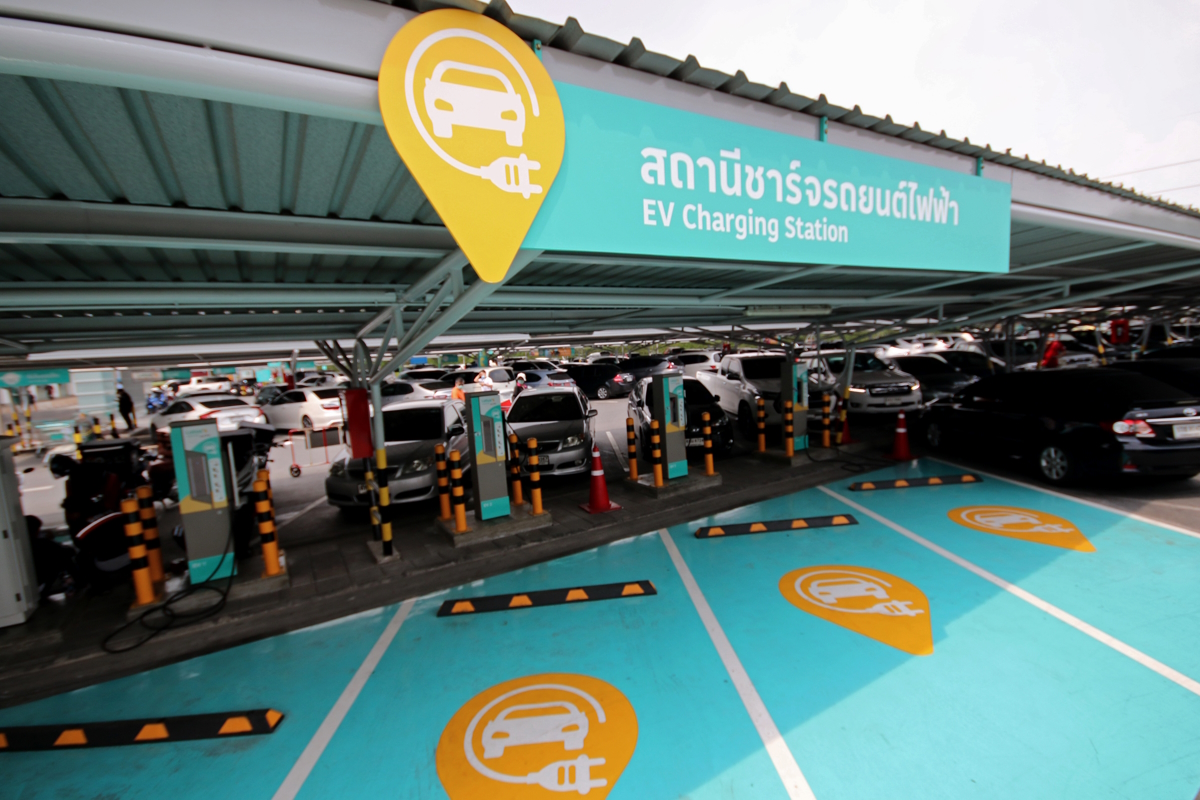Thailand is slowly gaining a firmer foothold as a key hub for global electric vehicle (EV) production. Major players in the EV industry from China, Japan and South Korea are looking to tap into the potential of the opportunities provided by the Southeast Asian economy.
Thailand has the largest automotive industry in Southeast Asia and the 10th largest in the world, according to the Thailand Board of Investment (BOI). From being a conventional auto-making hub, the country is aiming to be a frontrunner in EV production. Therefore, the government introduced several incentive plans for investors in the EV sector’s supply chain and car buyers.
In October 2022, the BOI announced the 2023-2027 Investment Promotion Strategy that should “help restructure the country’s economy and ensure Thailand is innovative, competitive, and inclusive”. Amongst others, it targets investment in sustainable activities such as manufacturing hydrogen vehicles and setting up EV battery swapping stations.
In January of this year, Thailand started implementing another five-year investment promotion strategy aimed at advanced technologies.
And the plans are slowly bearing fruit. Some $20 bn in investment pledges were announced in 2022, according to BOI. While these were not all from the EV industry, big portions are coming from that sector. Investments included $660 mn by Chinese EV maker BYD Co. and a more than $1 bn joint venture between Taiwan’s Foxconn Technology and Thai energy giant PTT to venture into EVs.
South Korean Hyundai Motor started EV production in Thailand last year and most recently Japanese plastics maker Kuraray opened its first plant in the country.
The Japanese firm is investing about $520 mn in a plant producing a high-performance resin used for high-voltage parts around vehicle batteries.
Thailand’s role in the auto supply chain
Also, Mercedes-Benz Group, one of the biggest automakers in the world, committed to building its fully electric EQS in Thailand. President and CEO of Mercedes-Benz Thai Division Roland Folger said, “This shows how important Thailand is to us. The EQS is the absolute highlight of our full battery vehicles – the topmost as far as technology is concerned. In Thailand, we have partners we know can deliver.”
Kuraray’s president also hinted at the supply chain at the opening ceremony of the resin plant in Thailand. “Automakers told us they want to have a supply chain in the region,” Hitoshi Kawahara said.
From semiconductor shortages to geopolitical tensions, the global automotive industry is not immune to supply chain disruptions. The Covid-19 pandemic and the Ukraine-Russia conflict made automakers and suppliers rethink their supply chain strategies.
“In Thailand, the automotive sector has shown immense potential wherein electric vehicle development is quickly becoming a major focal point for industry players,” opines global advisory firm YCP Solidiance.
According to an industry analysis by YCP, there are approximately 1800 companies in the Thai automotive sector, including 30 to 40 major companies, around 700 Tier 1 automotive part producers, and over 1000 Tier 2 and 3 producers.
“The presence of these stakeholders not only signifies that the current automotive supply chain is vast but more importantly, that it is primed for further industry growth due to its dynamic market structure,” as per YCP Solidiance.


 Australia
Australia China
China India
India Indonesia
Indonesia Japan
Japan Malaysia
Malaysia Philippines
Philippines Singapore
Singapore South Korea
South Korea Taiwan
Taiwan Thailand
Thailand Vietnam
Vietnam







